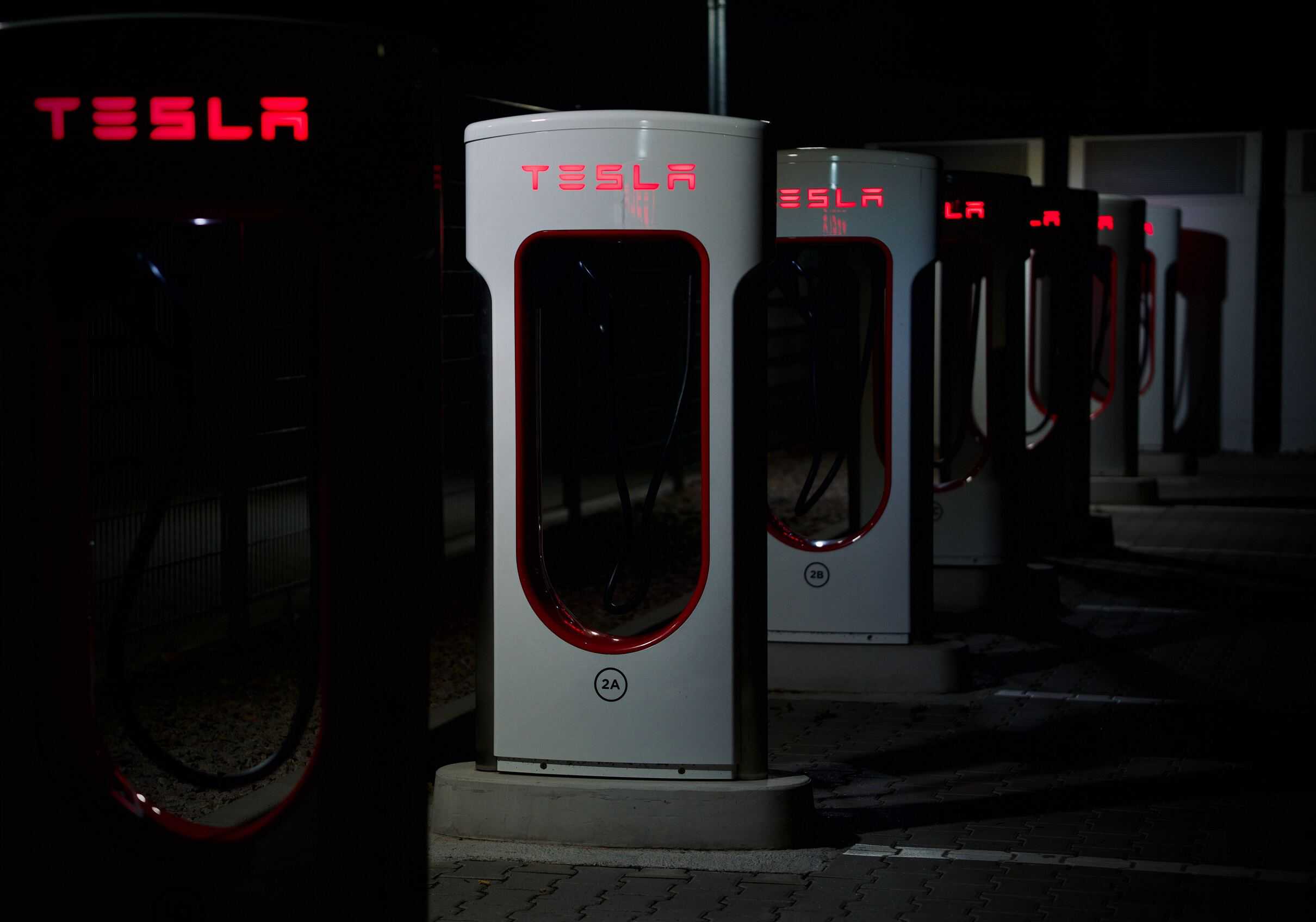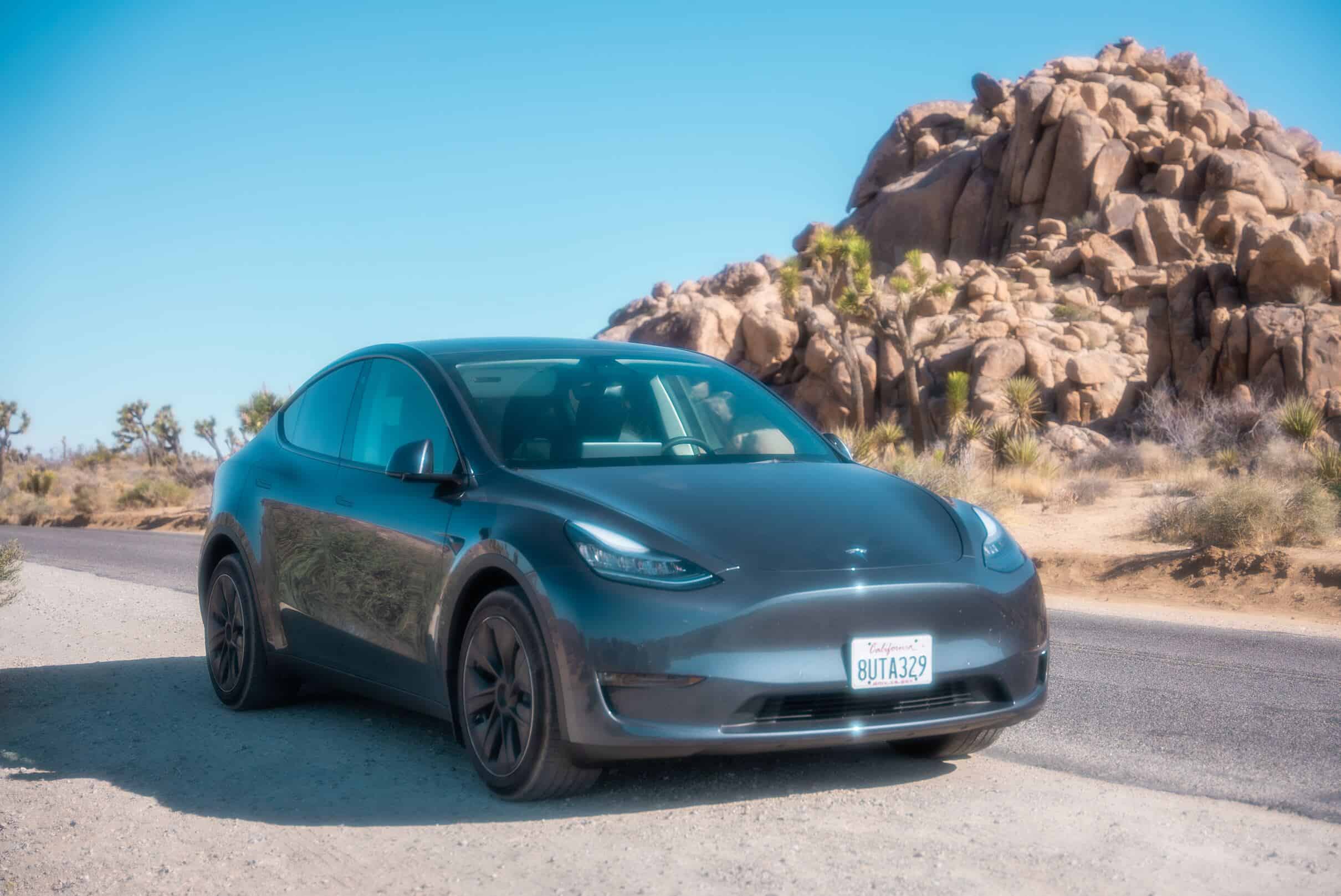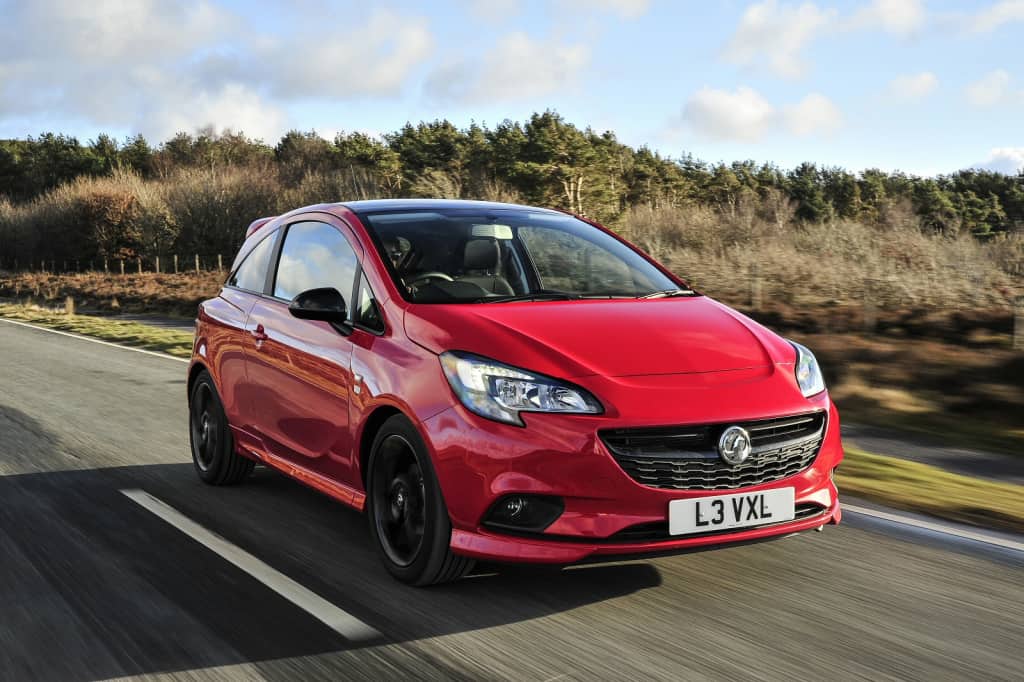Introduction
The dominance of petrol and diesel cars in the UK market, despite the rise of electric vehicles (EVs), is a subject of ongoing interest and debate. Several factors contribute to this enduring popularity, ranging from infrastructure concerns to consumer preferences and government policies. Let’s delve deeper into these aspects.
1. Infrastructure and Charging Concerns

a. Charging Network
The UK has made strides in expanding its charging infrastructure, but there’s still a significant gap compared to the extensive network of petrol stations. While urban areas might have a reasonable number of charging points, rural areas often face limited options, leading to ‘range anxiety’ among potential EV buyers.
b. Home Charging
The convenience of home charging is another aspect that favours petrol and diesel cars. Not everyone has access to off-street parking or the ability to install a home charging point, making it challenging to recharge an EV regularly.
2. Cost of Ownership

a. Initial Purchase Price
The upfront cost of EVs remains a barrier for many consumers. Despite potential savings on running costs, the higher initial price tag of electric vehicles can be off-putting, especially for those on a tighter budget. You can opt for things like, no deposit car finance to keep the costs lower.
b. Resale Value
Traditional petrol and diesel cars often have better resale values than EVs. This factor can influence consumers who are concerned about the long-term financial implications of their vehicle purchase.
c. Running Costs
While EVs have lower running costs due to cheaper electricity, the price of petrol and diesel has been relatively stable in recent years, making traditional cars more cost-effective in the short term for some consumers.
3. Performance and Driving Experience

a. Acceleration and Speed
Many petrol and diesel cars offer impressive acceleration and top speeds, catering to drivers who enjoy a spirited driving experience. While EVs can also offer quick acceleration, some drivers still prefer the immediate response and sound of a combustion engine.
b. Refuelling Time
The refuelling time for petrol and diesel cars is generally much quicker than charging an EV, making them more practical for long-distance travel and reducing downtime during refuelling stops.
4. Government Policies and Incentives

a. Mixed Messages
While the UK government has set ambitious targets to phase out new petrol and diesel cars by 2030, the messaging around this transition has been mixed. The government’s commitment to supporting the automotive industry and maintaining economic stability has sometimes overshadowed the push towards electric vehicles.
b. Incentives and Grants
Although there are grants and tax incentives available for EV buyers, the support for petrol and diesel cars, such as reduced road tax for low-emission vehicles, remains strong. This balance of incentives has kept traditional cars competitive in the market.
Popular Petrol and Diesel Cars in the UK

The UK market offers a wide range of petrol and diesel cars catering to various needs and preferences. Here are some additional popular models:
- Vauxhall Corsa: A compact hatchback known for its affordability and practicality.
- Mercedes-Benz C-Class: Combines luxury, comfort, and performance, appealing to a more premium market segment.
- Toyota Yaris: Offers reliability, fuel efficiency, and a reputation for low maintenance costs.
- Renault Clio: A stylish and versatile supermini with a range of efficient petrol and diesel engines.
- Peugeot 3008: A popular SUV that combines style, comfort, and a range of innovative features.
Conclusion
The continued dominance of petrol and diesel cars in the UK market is influenced by a complex interplay of infrastructure limitations, cost considerations, consumer preferences, and government policies. While electric vehicles are undoubtedly the future, the transition will take time, and petrol and diesel cars are likely to remain a significant presence in the UK automotive landscape for the foreseeable future. As technology improves, infrastructure expands, and consumer attitudes evolve, we can expect to see a gradual shift towards electric vehicles, but the transition will be gradual rather than abrupt.
Choose My Car have a fantastic range of stock, with great bad credit car finance options to match. Get in-touch today to discover the perfect deal for you!

Ben is a senior automotive writer with a passion for all things motoring. He writes detailed car reviews, buyer guides, and practical tips aimed at helping drivers make smart, confident choices in a fast-changing car market.




